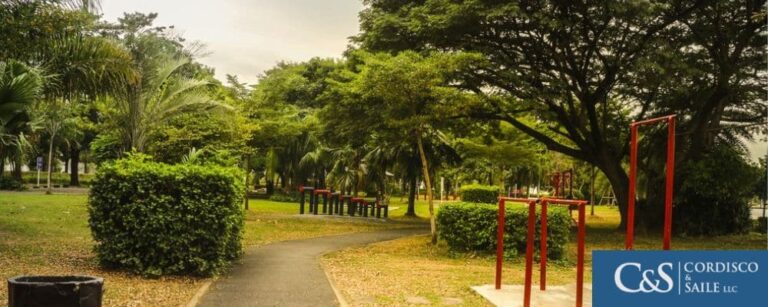The Political Subdivision and Tort Claims Act protects municipalities in Pennsylvania from liability in many cases, except in cases in which damages arise from a negligent act. This may include accidents involving vehicles driven by government employees and accidents that occur on government property like sidewalks. However, this may not apply to bicycle trails because of a state statute that limits liability of landowners (including public) who open land for recreational use.

How the Recreational Use Act Impacts Government Liability
One of the important components of a tort claim is being able to prove that the entity or individual owed a duty of care to the person injured.
But the Recreational Use Act (RUA), also known as the Recreational Use of Land and Water Act (RULWA), may cover bike trails. This act states that landowners owe “no duty of care to keep the premises safe for entry or use by others for recreational purposes, or to give any warning of a dangerous condition, use, structure, or activity on such premises to persons entering for such purposes.”
A government-owned bike trail open for recreational use may not leave the owner (the municipality) open to liability for injuries that occur on the trail. There are some important exceptions under this law. Under certain circumstances, these exceptions could allow those injured in a bicycle accident to pursue a claim against the municipality.
Exceptions to Recreational Use Act
If the owner or manager of the trail charges for its use, protection under RUA does not apply. Further, RUA protection does not apply in cases of willful and/or malicious failure to warn or guard visitors against a dangerous hazard on the land.
Additionally, the RUA only applies to undeveloped land. So if the land is intended for recreational use and visitors are not charged for using it, but the landowner (such as a municipality) puts in a swimming pool or erects playground equipment, the land would be considered “developed” and therefore not eligible for RUA liability protection.
The extent to which the land was developed is also a concern when exploring legal options to hold a municipality liable for injuries sustained on its recreational lands. If you were in a bicycle accident on a bike trail and suffered injury, talk to an attorney about whether the trail constitutes developed land.
How do I prove negligence?
It’s important to seek legal advice from an attorney who is familiar with not only premises liability laws, but also those that apply to special circumstances, such as government liability for injuries that occur on public recreational land. To learn if you have the right to pursue legal action, contact an attorney at Cordisco & Saile LLC. We can evaluate the details of the case to determine your rights to compensation for your damages.






